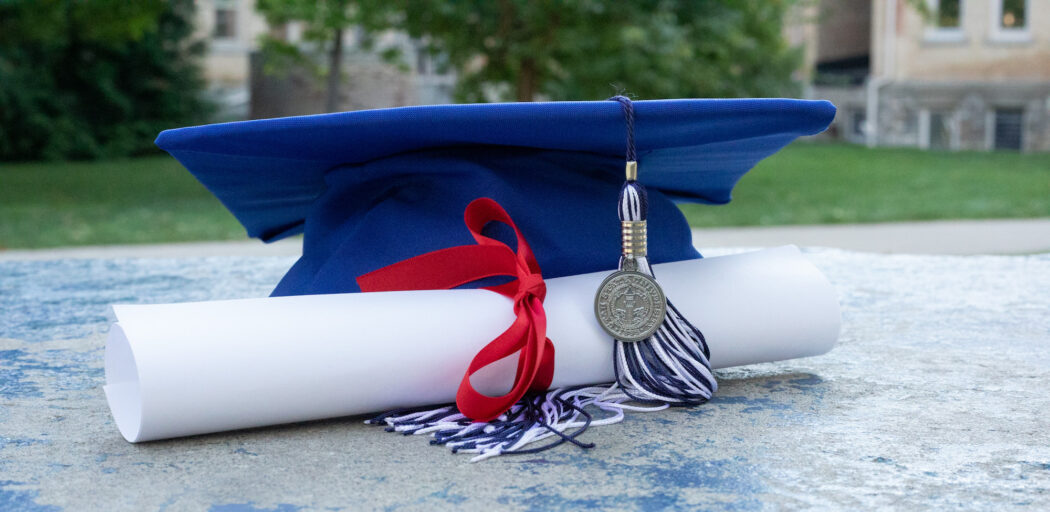The importance of a college education
Undergraduate and graduate enrollment has dropped 4.1% in the past year, according to the National Clearing House Research Center.
Some may call it a coincidence. However, Inc. believes Generation Z students are the reason for decreases in enrollment, mainly because of financial concerns and finding cheaper alternatives at technical colleges.
For those students who do graduate from a university, a 2016 Pew Research report found that 60% of workers with a bachelor’s have high job satisfaction as opposed to those with a high school degree, who report a 38% rate of job satisfaction.
Another study from Southern New Hampshire University said benefits of a college education can even range from higher life expectancies to better marriages and stronger financial prospects.
Neil Abercrombie, former Utah State University government relations vice president and director of the Institue of Government and Politics, acknowledged how his time in college at USU helped him gain a greater appreciation for different perspectives.
“I came from a fairly homogenous community, and so my undergraduate experience at Utah State was meeting people that were very different than me,” Abercrombie said.
“This is a really unique time in your life to connect with all kinds of backgrounds, all kinds of interests.”
According to one current USU student, college is shaping students today just as much as it has helped those, like Abercrombie, in the past.
Jae Garrard, a junior majoring in political science, noted specifically that college gave them greater insight into social issues.
“I used to be kind of hot-headed about some political things and some social issues. But now I’m more willing to have those hard and difficult conversations with people,” Garrard said. “I think being exposed to all those different perspectives and my classes, being exposed to different cultures — that really does provide for a better learning experience.”
Kerin Holt, an American literature professor at Utah State, also discussed the effects on reading perspectives she had little exposure to.
“I took a class that was about Latin American literature, and I’d only ever read about American white people before,” Holt said.
Holt said college doesn’t just expose students to literature — it encourages community action.
“Often, understanding those other perspectives opens doors for people or gets them thinking about things, and presents them with something they want to take action about,” Holt said.
Statistics prove Holt to be correct. According to the Southern New Hampshire University study, college graduates are 1.5 times more likely to consistently vote in local elections.
Another report from Lumina found 40% of bachelor’s degree recipients also participated in community service, compared to 17% of high school graduates.
When Holt’s literature course reached the migrant unit, one student volunteered at the Cache Refugee and Immigrant Center. Others would show her news articles that reminded them of the issues they would discuss in class.
It’s those connections that Briana Bowen, the associate director of USU’s Center for Anticipatory Intelligence, has acknowledged to be a large benefit in a college education.
“One of the great values of a college education is how you can better understand complex interconnectedness and security — not just in terms of keeping people and communities safe, but in terms of safeguarding the things that are most valuable in a society,” Bowen said.
-Jenny.Carpenter@usu.edu
Featured photo illustration by Heidi Bingham

